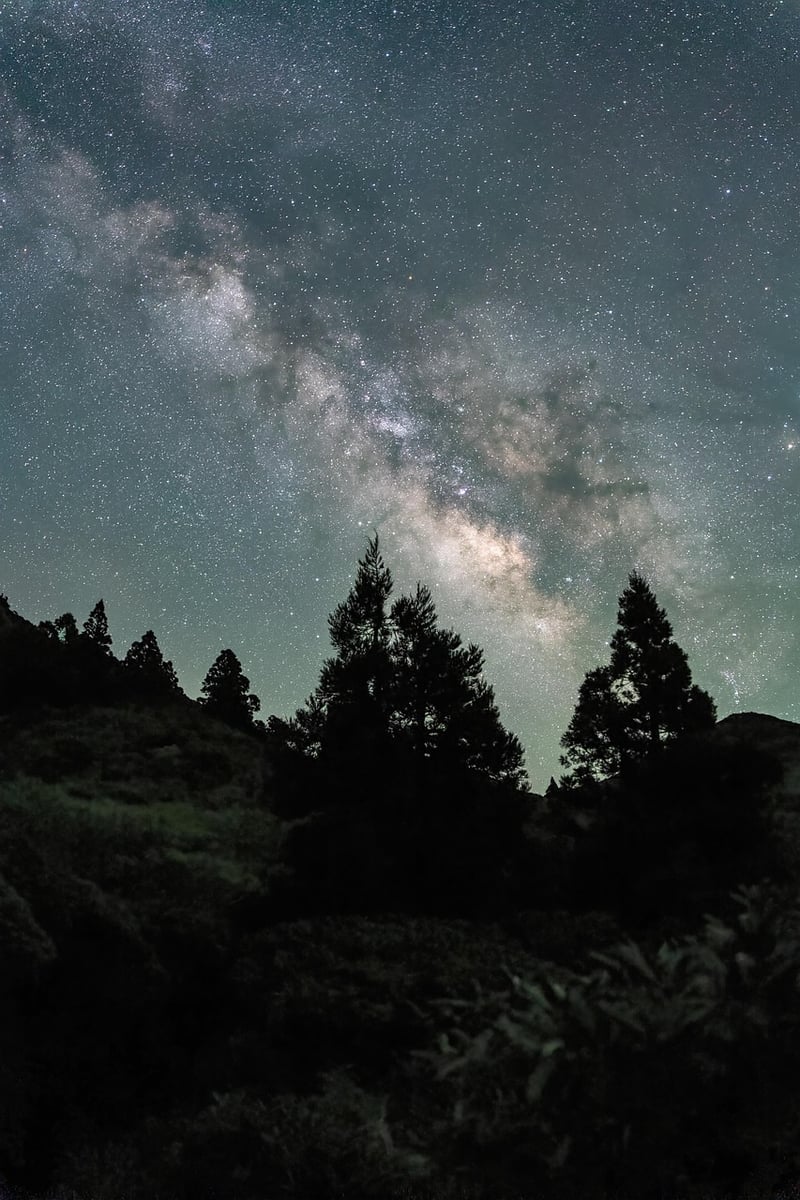Multiverse Theory
Exploring Different Versions of Reality and the Multiverse Theory
Reality as we know it is a complex and fascinating concept that has intrigued scientists, philosophers, and artists for centuries. One of the most intriguing theories that attempts to explain the nature of reality is the Multiverse Theory. This theory suggests the existence of multiple parallel universes, each with its own set of physical laws and constants.
What is the Multiverse Theory?
The Multiverse Theory proposes that our universe is just one of many universes that exist simultaneously. These universes, also known as parallel universes or alternate realities, may have different properties, such as different laws of physics, alternate histories, or even different versions of ourselves.
Types of Multiverses
There are several different versions of the Multiverse Theory, each with its own interpretation of how multiple universes could exist:
- Bubble Universes: In this version, each universe is like a bubble floating in a vast cosmic ocean, with new universes constantly being created.
- String Theory Multiverse: According to string theory, there are multiple dimensions beyond the three spatial dimensions we are familiar with, leading to the existence of parallel universes.
- Many-Worlds Interpretation: This interpretation of quantum mechanics suggests that every quantum event results in a branching of the universe into multiple parallel realities.
Implications of the Multiverse Theory
The concept of a multiverse has profound implications for our understanding of reality and our place in the cosmos. If multiple universes exist, it raises questions about the nature of existence, the concept of free will, and the possibility of alternate versions of ourselves living in parallel realities.
Exploring the Unknown
While the Multiverse Theory remains a speculative idea with no direct empirical evidence, it continues to capture the imagination of scientists and the public alike. Exploring the possibilities of multiple universes challenges our conventional notions of reality and opens up new avenues for scientific inquiry and philosophical reflection.
So, the next time you gaze up at the night sky, ponder the vastness of the cosmos, and consider the infinite possibilities that may exist beyond our own universe.

Image source: Pixabay
